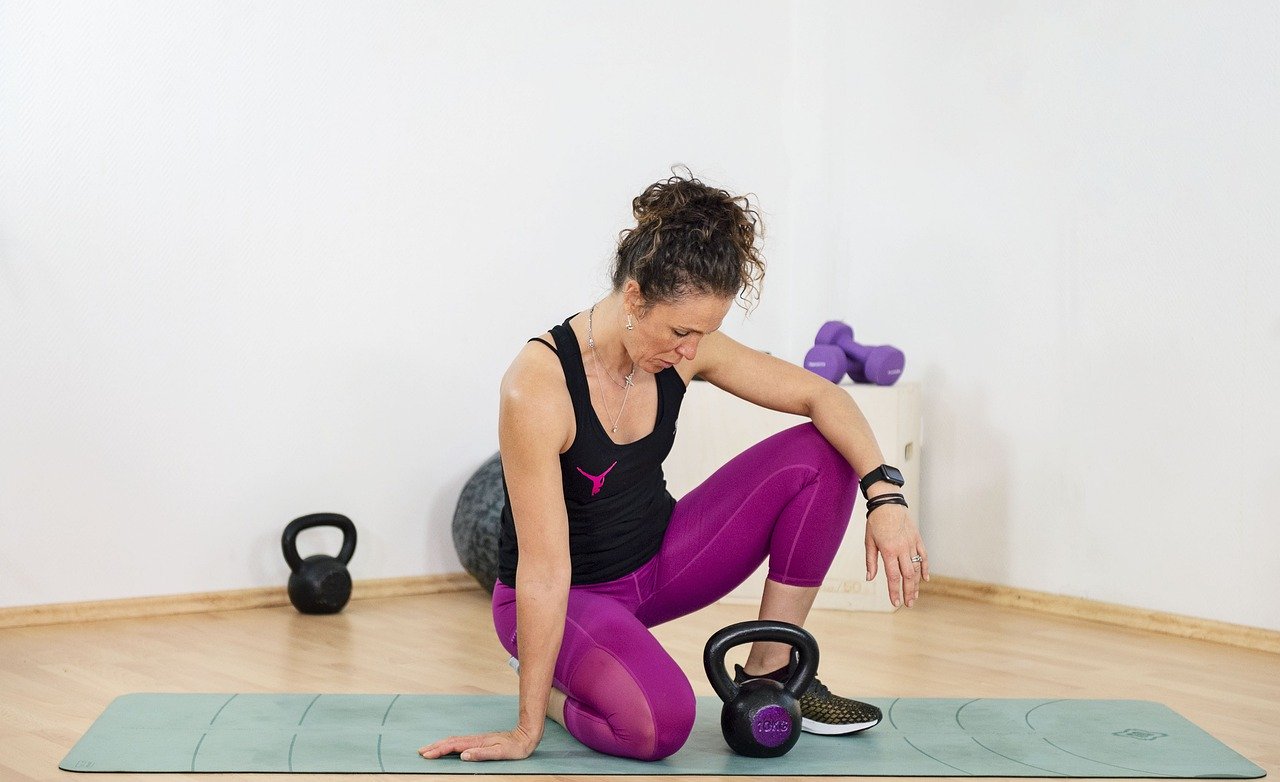Heart Disease Patients Are at A Higher Risk of Covid-19!
The novel coronavirus that has been sweeping across nations has undoubtedly changed the world as we know it. Schools are closed, public events and conferences are restricted, major sports tournaments are suspended or have canceled their seasons. Everyone is on the alert, and communities are working tirelessly and relentlessly to contain the spread of COVID-19.
Experts have known that viruses such as coronavirus cause severe respiratory infections that could lead to lung damage and death in a few advanced cases. However, as per the joint statement issued by the Heart Failure Society of America, American College of Cardiology (ACC) and American Heart Association (AHA), COVID-19 patients with underlying cardiac diseases are at a higher risk of suffering from the adverse effects of the disease.
Such people may have a heart attack or potentially develop congestive heart failure. The rapid deterioration of cardiovascular health in COVID-19 patients can be accredited to the severe stress put on the heart by the viral illness. The low level of oxygen aggravates the situation due to pneumonia and higher chances of blood clot formation. Additionally, a rare condition called myocarditis, which is the inflammation heart muscle, has also been noticed in COVID-19 patients.
Precautions for reducing the risk
With no vaccine developed yet to fight the novel coronavirus, exercising precautions for lowering the risk of exposure is of paramount importance. Below are the guidelines that must be followed by people with known heart conditions:
- Do not miss taking your medication
Patients with heart diseases must not miss or stop taking their medications. Also, refrain from altering your treatment plan without consulting with your healthcare professional. By taking the medication regularly, you can better protect your heart, which in turn will protect you against any COVID-19 related complications.
Additionally, pay attention to symptoms such as shortness of breath, chest pain, and irregular heartbeat. If such be the case, contact emergency services immediately.
- Maintain adequate stock of your medicines
It is highly recommended to have at least a two-week supply of your prescribed and non-prescribed medicines. You can talk to your pharmacist regarding the purchase of an extra supply of prescribed medicines to reduce the number of trips to the store.
You can also choose to buy your medicines online or check if your pharmacy provides home delivery service. It is also a good idea to ensure that a family member is aware of your prescriptions and can refill them if need be.
- Ensure you are up-to-date with vaccines
Although the most promising COVID-19 vaccines have entered clinical trials, it will take around a year to finally hit the shelves. However, vaccines are available for viral pneumonia and influenza. They offer protection against viruses that are known to weaken a person’s immune system and increase the risk of heart diseases.
Therefore, the Centers for Disease Control and Prevention (CDC) strongly recommends that people who have cardiovascular diseases must stay current with influenza and pneumonia vaccines and get their flu shot for the 2020-21 fall season.
- Don’t delay seeking help for existing heart ailments
It is not wise to delay seeking emergency care for an underlying heart condition due to the prevalence of COVID-19. If you notice warning signs of a stroke or heart attack, call for help immediately. Do not worry about getting infected as emergency departments are equipped with contingency infection prevention plans to ensure incoming patients do not get infected.
If you wish to speak to a doctor regarding a non-emergency, make use of telehealth facilities rather than visiting the doctor personally. Restricting the number of people going in and out is crucial for lowering the risk of exposure to coronavirus. However, not all medical conditions can be treated remotely, hence if you feel the onset of an emergency, don’t shy away from getting help.
- Do not take medicines without medical supervision
Many health organizations like the ACC and AHA have issued their recommendations concerning the risks associated with the use of the antibiotic- azithromycin and the antimalarial drug- hydroxychloroquine. Although both have been touted as the possible treatments for COVID-19, several cardiology organizations have warned about its serious threat to people with existing cardiovascular disease.
The various risks include high heart rate, irregular heartbeat, and sudden death. Experts suggest exercising caution if they have been prescribed these drugs and use it only under the watchful eyes of a health professional.
Steps to build your immunity
Lifestyle plays a vital role in bolstering and boosting one’s immune systems. Given the present scenario, it is high time we start focusing on healthy habits. Here are some tips for heart patients for taking good care of their heart:
- Maintain a healthy diet
Include as many fruits and vegetables in your diet as you can. Ditch processed food as they are usually high in salt and sugar. Include probiotics such as yogurt, sourdough bread, kombucha, and kimchi in your meal. Consume food rich in protein such as eggs, milk, grilled fish and chicken, beans, lentils, and chickpeas.
Use whole grains such as buckwheat, quinoa, oats over unrefined varieties of grains. Don’t forget to eat dried fruits, nuts, and seeds as they contain essential nutrients and unsaturated fats that help protect the heart. Also, drink plenty of water to remove toxins from the body.
- Exercise regularly
Even during the times of such pandemic, it is vitally important to exercise to ward off COVID-19 and prevent the progression of cardiovascular diseases. The World Health Organization (WHO) advises doing two and a half hours of moderate-intensity or one hour and fifteen minutes of high-intensity physical activity every week.
You can conveniently achieve this target by taking short breaks during the day, joining an online fitness class, and by getting up from your chairs and waking for some time. If exercising outdoors, maintain a safe distance from other people.
- Get adequate sleep
Sleep not only keeps our immune system in fighting shape but also protects us from ailments such as obesity, diabetes, and heart diseases. While more sleep is no guarantee for not falling sick, lack of it could affect the immune system, thereby leaving you susceptible to cold or a bad case of flu. Sleep deprivation can also affect one’s heart.
To stay healthy, the National Sleep Foundation recommends 8 hours of sleep. If your busy work schedule stands in the way of the required hours, try to pack in 2 short naps of 30 minutes each, one in the morning and the other in the afternoon. This has proved to decrease stress and offset the impact of sleep deprivation on the immune system.
- Care of your mental health
With the majority of the world under lockdown, the feeling of isolation and depression are on the rise. Therefore apart from taking care of your physical wellbeing, it is necessary to monitor your mental health as well.
Use technology to your advantage and connect with your friends and family regularly. Talk to them and share your concern with the people you trust. Take breaks from reading, watching news stories as it can be upsetting to hear about the pandemic repeatedly. Also, utilize this time to do activities you enjoy.
Conclusion
Typically considered to be a danger for the respiratory system, COVID-19 can also pose a significant threat to the heart. While people with existing heart disease are at higher risk, a small percentage of people with no heart ailments have also experienced heart damage as a consequence of the disease.
Therefore, it is crucial to follow a heart-healthy diet, exercise daily, and keep stress at bay to win the battle against the novel coronavirus.








